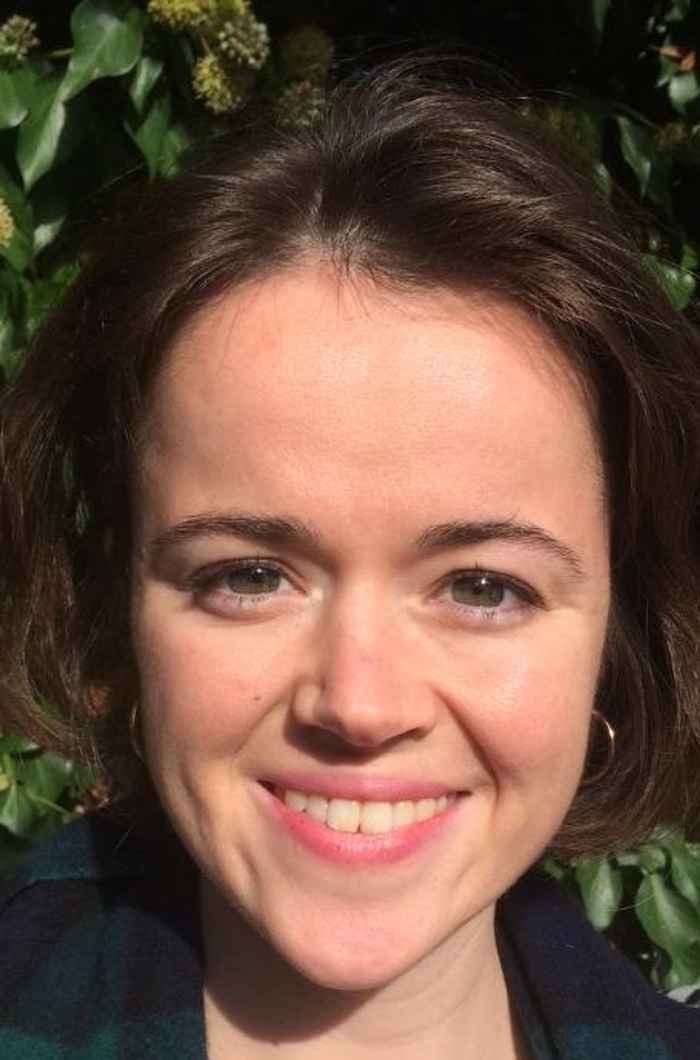Embrace the extended fieldwork opportunity

When looking for MA programmes to apply for, I was interested in applying to a school of Social Sciences despite holding a Bachelor of Arts. I was particularly drawn to the International Development Studies MA at the UvA, because it offered a pre-Master’s programme of extra classes and research methodology training which allowed me to transition into the Social Sciences. I also jumped at the opportunity of being able to study in Amsterdam in English and in a highly-ranked department. The Research Master programme in particular caught my attention, for the extensive period of field research that it offers.
Variety of backgrounds
As a Research Master’s student I really enjoyed being part of a small cohort of students with a variety of disciplinary backgrounds and interests. Many fellow students had considerable experience in development or related areas, which really fed class discussions.
The luxury of a Master's of two years
It was a luxury to be able to pursue the MA over two years, allowing me the time to explore many potential research themes, theoretical approaches, research sites and options before having to make a decision about where to carry out fieldwork and how to focus my second year research project.
Dedicated supervisor
I particularly benefited from having a dedicated supervisor who worked closely with me on developing my research, and provided invaluable support during my fieldwork and the process of writing up.
Extra involvement
I was Programme Committee representative for my cohort, which allowed me to take part in departmental discussions about the programme and its future, drawing on input from fellow students. I also worked as a student assistant co-coordinating an Academic Skills Workshop Series for refugees and asylum seekers hoping to integrate into a Dutch university and further their studies. During my second year, I worked as research assistant to a PhD student for several months. Finally, I had the opportunity to take part in two winter schools with a focus on migration (in Rome and Athens) organised by other UvA departments.
After graduation... a PhD programme
At the moment, I am enrolled in a PhD programme at the University of Cambridge, working on a project stemming from the research that I carried out for my Master's. The decision to continue on to a PhD concretised while I was in the field. It was there that I realised how much I enjoy both the practical and academic aspects of social science research. I became invested in the migration issues that I focus on in my work, and convinced of the importance of continuing the work that I was doing. I put in my applications for PhD programmes midway through the second year of my Master's with the support of my supervisor.
The flexibility of the programme allowed me to tailor my research project to my interests in a way that few other programmes seem to offer. Being able to show that I had completed a two-year Master's programme including extensive fieldwork no doubt gave me an advantage in earning a PhD position. It demonstrated my ability to carry out research and fieldwork to potential supervisors and funding bodies. My Master's has really allowed me to hit the ground running in my PhD: I have drawn extensively on my Master's research to present at several conferences and start the process of publishing papers.
Recommendation to students wishing to pursue an academic career
I would recommend this programme to any student hoping to get both rich academic training and on-the-ground experience from their Master’s. In its two-year form, the programme is particularly suited to students who feel they might like to pursue research or academia.
Embrace the extended fieldwork opportunity
My advice would be to embrace the extended fieldwork opportunity, which is the highlight of this programme. Although it can be a daunting prospect and a challenging experience, it is a rare and incredibly enriching opportunity to learn by doing. From my own time in the field and that of other students in my cohort, I see that these experiences are truly unique and formative.